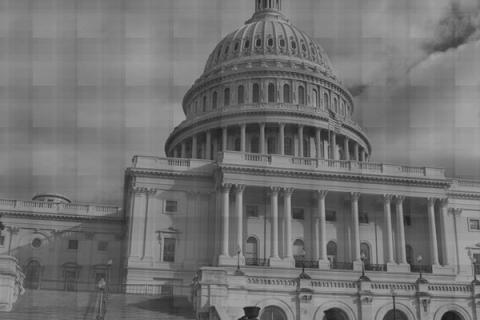The New York Times reported this weekend on former two-term Maine governor Angus King and his independent run for Senate. King's warning, “I will take note of how I am treated in this campaign.”
As the Times put it,
"That is not an idle threat from some quixotic candidate for the seat being vacated by Maine’s famously moderate Republican, Olympia J. Snowe. It is a warning from the front-runner, a two-term independent governor who, because he refuses to say whom he would support for majority leader next year, may well decide which party controls an evenly divided Senate."
Is Gov. King referring to Republicans, or Democrats, or both? It's no secret the decision to run by the well-regarded Gov. King caught many off-guard. No more so than the Democrats who expected to pick up a super important Senate seat.
But he'll win. And burning bridges in a defensive act to preserve their status quo could result in an even bigger headache when the new legislative class opens in 2013.
We've already seen the DCCC on attack in California, targeting Ventura County Supervisor and independent congressional candidate Linda Parks. She's running in CD-26, against incumbent Republican State Sen. Tony Strickland and a crowded field of four Democrats. Supervisor Parks is outspent in the race, yet Washington D.C. partisans still feel the threat of an independent infiltrating their coveted congressional ranks. Why welcome a representative seeking bipartisan cooperation, when there is plenty of money to go around falsely equating her to the Tea Party?
In a situation like the Senate, even one new lawmaker can challenge the balance of power. In the House, there are currently zero non-partisans serving as representatives, out of 435. After November, this could change. Democrats and Republicans alike do not know how to respond to this reality. They're out-of-touch, but this isn't news.
This past weekend, Angus King had the guts to say what many independent candidates and independent voters are thinking. Electing non-partisan alternatives returns the voice to the people, by taking power from party bosses and backroom deals. Their pre-determined candidates are facing unexpected, and intelligent, challengers. Remember, our current leadership, as compiled by these subversive forces, have a 10% approval rating. To use a boxing analogy, both public and private partisan leaders know they are on the ropes. Nasty mailers and television attack ads are already targeting these strong independent voices.
That may turn out to be a mistake when it comes time for legislative business.


